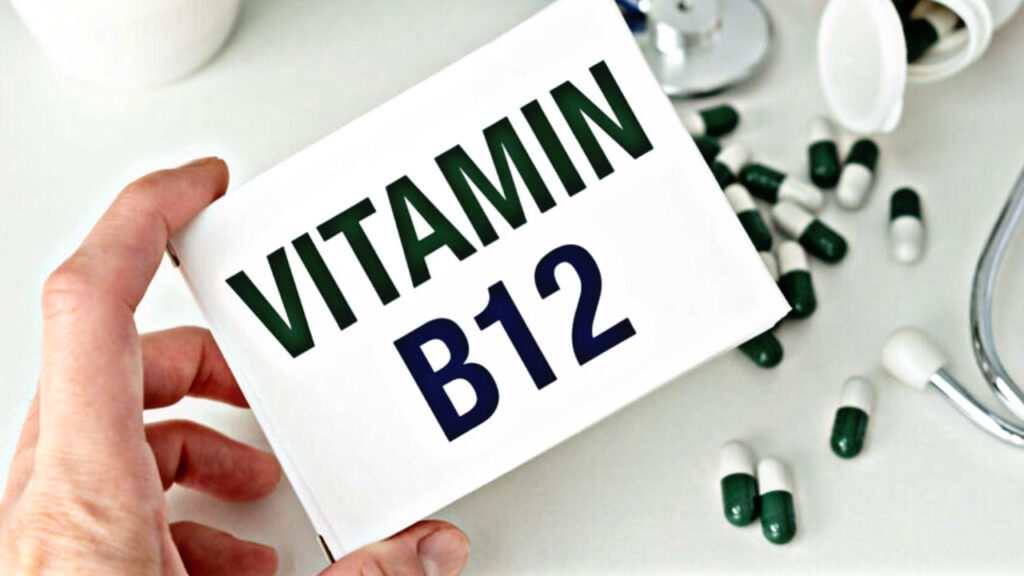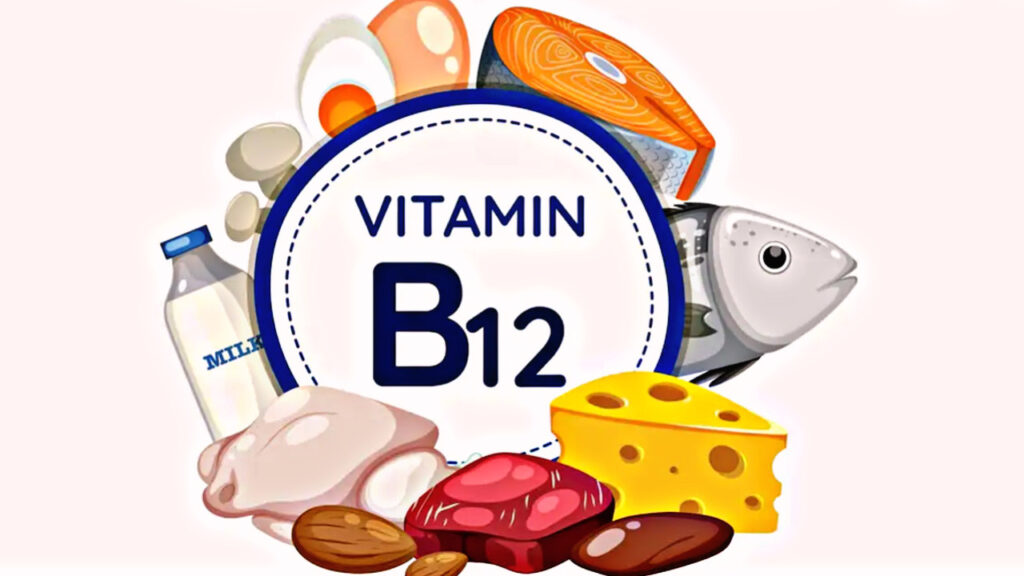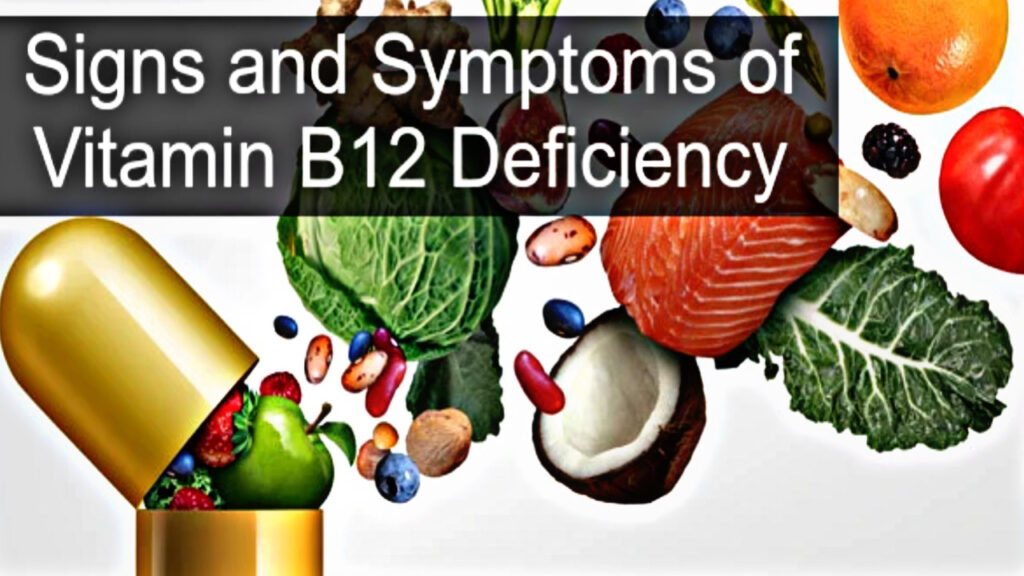Vitamin B12
Vitamin B12, also known as cobalamin, is an essential nutrient that plays a vital role in the proper functioning of the body. It is mainly involved in the production of red blood cells, the maintenance of the nervous system, and the synthesis of DNA. Since our bodies cannot produce Vitamin B12 on their own, we must obtain it from our diet, especially from animal-based sources such as meat, dairy, and eggs. A deficiency in this important vitamin can lead to several health problems, some of which can become serious if not addressed in time.

1. Fatigue and Weakness
One of the earliest and most common symptoms of Vitamin B12 deficiency is constant tiredness or weakness. This happens because the body is unable to produce enough healthy red blood cells, which are needed to carry oxygen to different parts of the body. Without sufficient oxygen, your muscles and tissues become tired more quickly, leading to a general feeling of exhaustion.
2. Anemia
Vitamin B12 deficiency can lead to a specific type of anemia called megaloblastic anemia. In this condition, the bone marrow produces abnormally large and immature red blood cells that cannot function properly. This not only causes fatigue but may also result in pale skin, shortness of breath, and dizziness.
3. Nerve Problems
Vitamin B12 is crucial for maintaining the health of nerve cells. A deficiency can cause nerve damage, leading to symptoms such as tingling or numbness in the hands and feet, difficulty walking, balance problems, and muscle weakness. Over time, untreated deficiency may even cause irreversible nerve damage.
4. Cognitive Difficulties
The brain also depends on Vitamin B12 to function efficiently. A deficiency may result in memory issues, difficulty concentrating, confusion, and in severe cases, symptoms similar to dementia. Older adults are particularly at risk for these cognitive changes when they lack enough Vitamin B12.

5. Mood Changes
Low levels of Vitamin B12 can affect mental health. Some people experience mood swings, irritability, or even depression. This may be due to its role in producing brain chemicals like serotonin and dopamine, which influence mood and emotional well-being.
6. Mouth and Tongue Problems
A swollen, inflamed tongue (also known as glossitis), mouth ulcers, and a burning sensation in the tongue are common symptoms of B12 deficiency. These signs often appear early and may be accompanied by changes in taste or difficulty in speaking clearly.
7. Vision Problems
In rare cases, Vitamin B12 deficiency can damage the optic nerve that connects the eyes to the brain. This may lead to blurred or double vision and sensitivity to light. If treated early, vision usually improves.
Vitamin B12 is essential for maintaining energy, nerve health, and brain function. A deficiency can cause a wide range of problems, from fatigue and anemia to serious nerve and cognitive issues. People following a vegetarian or vegan diet, the elderly, and those with certain medical conditions are at higher risk. Regular health checkups and including B12-rich foods or supplements in your diet can help prevent these issues and ensure overall well-being.





